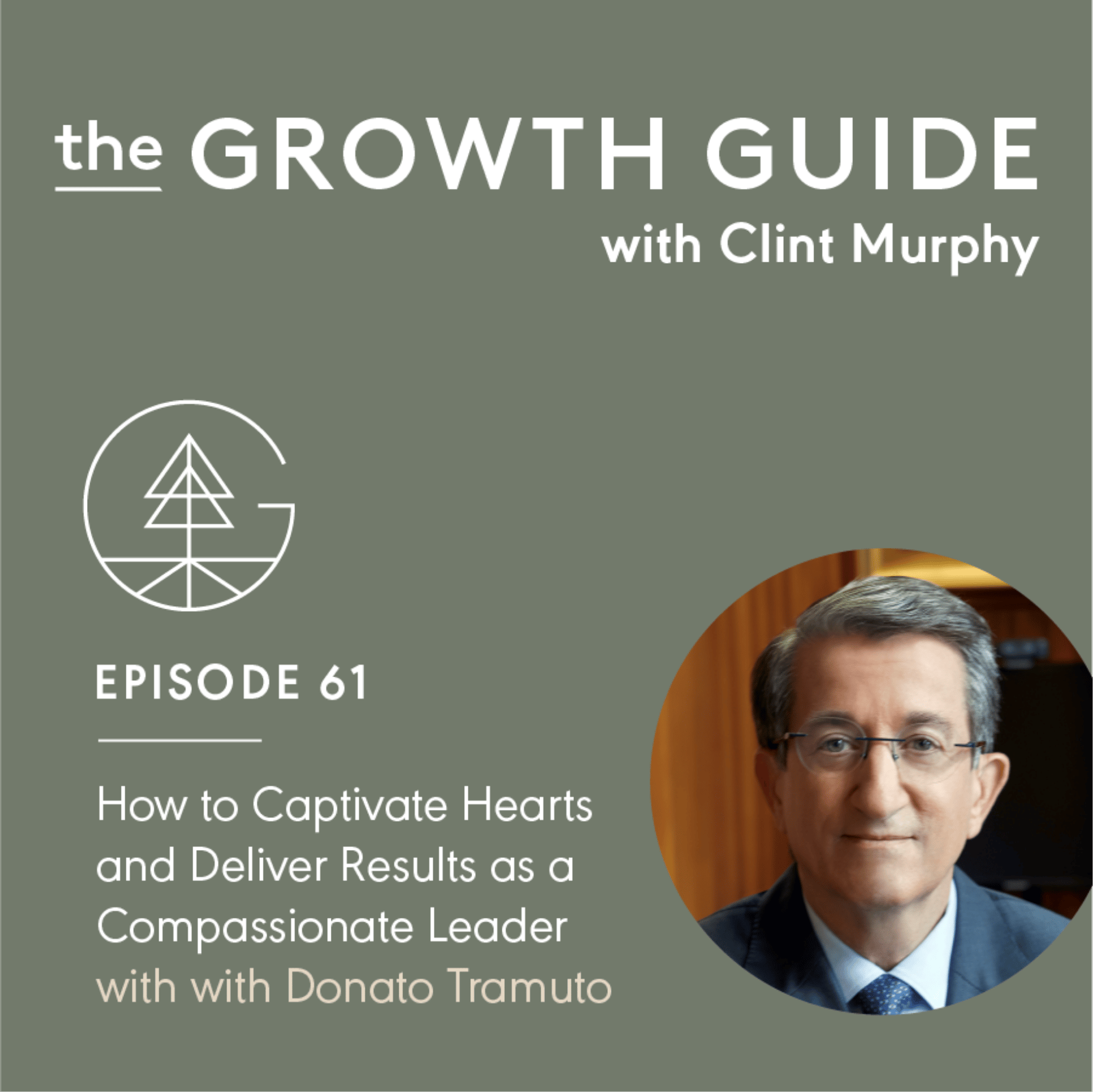About the Episode
Being polite is not the same as compassionate leadership; compassionate leadership is a powerful style of leadership that, when skillfully executed, can lift spirits and profits to new heights. Compassionate leaders are not lacking in strength. They are strong leaders who are also aware that they may be kind to their employees while achieving tremendous success. In point of fact, showing concern for one’s workforce is directly correlated to improved performance. My guest today, Donato Tramuto, is a well-known CEO, business leader, innovator, and philanthropist. During today’s conversation, he illustrates that compassion is essential to effective leadership because it boosts morale, builds more substantial teams, improves overall performance, and creates a sustainable commitment to an organization’s mission and values.
Donato has almost four decades of expertise in commercial leadership, and he is most well-known for his capacity to strike a balance between transactional and transformative leadership inside organizations. Through his Compassionate Leadership method, he has successfully launched two start-up businesses, directed the successful turnaround of a public healthcare company, and effectively executed creative business programs that have led to sustainable business results. Most leaders have a deep-seated desire to be compassionate, but many lack the skills necessary to put that desire into action. Through his book titled ” The Double Bottom Line,” Donato presents motivating anecdotes and instances of how experienced leaders have achieved this goal, how you can do the same thing, and how compassionate leadership is about bettering people and businesses.
During the conversation, Donato elaborates on the importance of leaders embracing diversity and inclusion, building stronger teams, and accepting responsibility for the impact they have on the communities in which they work and on the world at large, as well as on the importance of leaders upgrading skills such as communication, transparency, adaptability, understanding, and support of employees’ needs. Also, Donato exemplifies why most of us do not take the compassionate route, despite having resulted in more efficiency and financial success. On top of that, he describes in detail what makes for a genuinely caring leader. Moreover, Donato elucidates the mentality that makes compassion and sensitivity into character flaws. Donato outlines the steps necessary to establish a culture of compassion within an organization and keep it alive as the culture develops over time. Furthermore, he discusses how individuals and organizations might cultivate more compassion, emphasizing the possibility that compassion can be taught. As we end our chat, Donato emphasizes the significance of unlearning, which includes unlearning the incorrect models and habits we have adopted over time.
